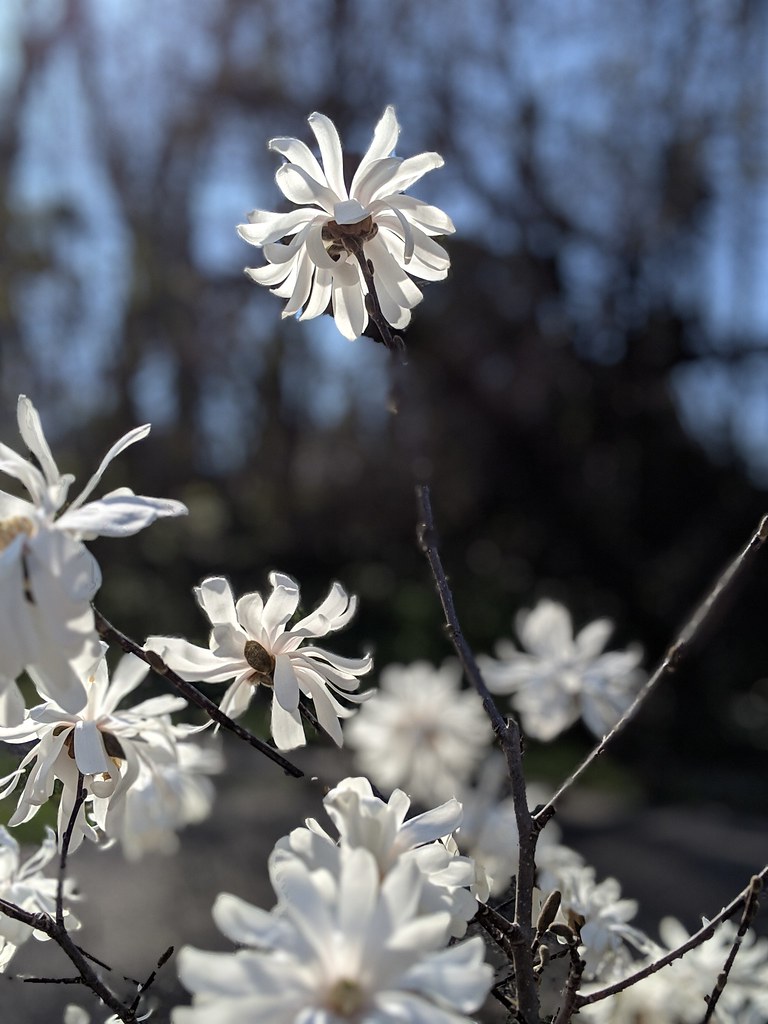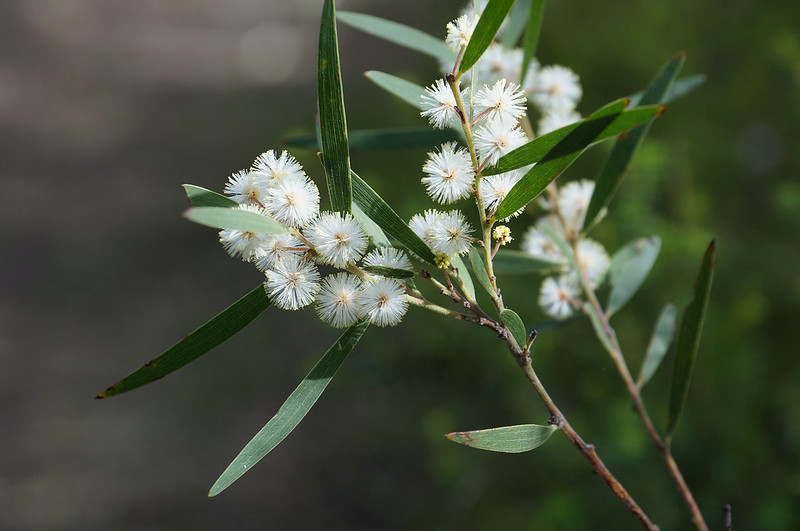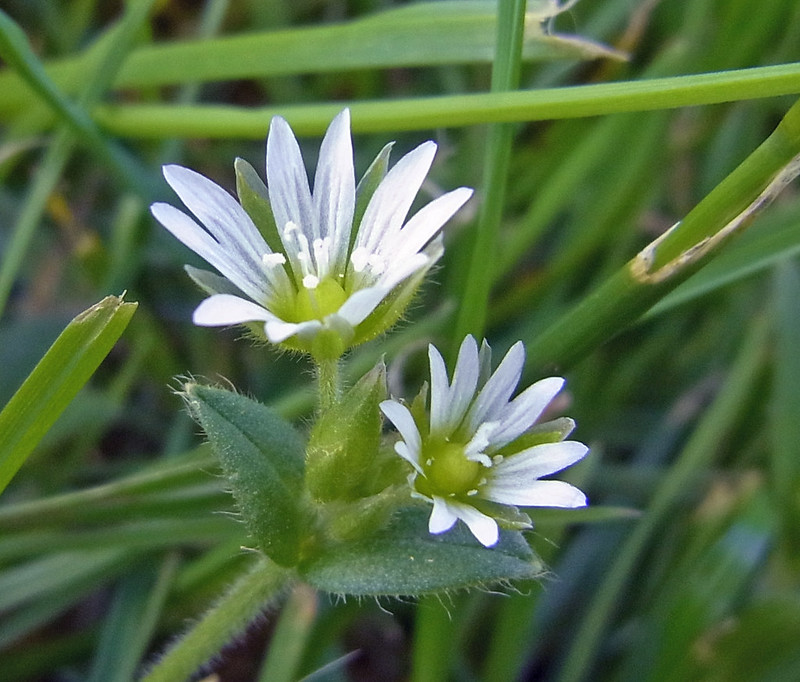- Home
- Process Worldview
- Community
- Art and Music
- Whitehead and Process Thinking
- Podcasts
- Spirituality
- Ecological Civilization
- Education
- Contact
- Social Justice
- Science
- Animals
- Sacred Poems
- Whitehead Videos
- Index of All Titles
- Practicing Process Thought
- Process Spirituality: A Spiritual Alphabet
- Recent Posts
The two compositions below, one philosophical and one musical, were written independently. The authors do not know each other. But those of us in the world of process philosophy believe in bringing together disparate forms of wisdom and beauty into novel contrasts. For us "contrast" means harmony and intensity, not conflict. Indeed we think the whole of the universe carries within it an eros toward contrast, toward harmonious intensity and intense harmony. Always the contrasts are peaceful: flowers not guns. Philosophy such as offered by John Cobb, and "new classical music" or "new music" such as offered by Daniel De Togni. form just such a contrast. They enrich one another, inviting us to beget flowers not guns. (Jay McDaniel)
guns beget guns
|
flowers beget flowers
|


